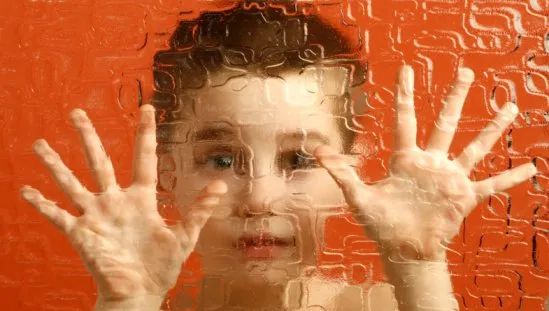What Would Maria Montessori Have Said About Autism?
Would Maria Montessori Have Called My Child Autistic?
Until the age of 3, my son attended a local, conventional daycare. We had no choice, we both (parents) worked full-time, and our family lived in a small community where the options were limited. As my beautiful, loving child neared the age of 3, we started to get some worrisome feedback from the director of the daycare. She told us that, in her 30 plus years of working with children, she had learned to recognize the signs of an autistic child; and our son was exhibiting a number of the “Autism Spectrum” behaviors. She asked for permission to have an expert come and evaluate our son in the classroom. My husband and I anxiously looked at each other, sprouted several new gray hairs, and signed the required documents.
The expert was the Special Education Director for the public school district; he was a very kind man who also had 30 plus years working with children. He informed us that our child “qualified for special education” because he had been “determined as Autistic.” Two of such determining characteristics include: “perseverance” and “obsessive/ compulsive” behaviors.
“Perseverance” in children, is defined as a tendency to “hyper-focus” on a certain activity and to repeat the same actions or steps, over and over. A child who is perseverating is oblivious to his/her surroundings. The “obsessive/compulsive” behavior, in my child’s case, refers to his need for order. He lined up his toys on shelves and became upset if his task was interrupted.
Is Montessori Good for Children with Autism?
Shortly after this diagnosis, we were blessed with the arrival of a new Montessori school in our area. I enrolled my son immediately. Having attended Montessori school myself, I felt confident that my son would benefit from the self-disciplined pace of the Montessori Method. I remember being allowed to choose which activities I wanted to work on (with guidance) and that I was permitted to focus, uninterrupted, on one task until I had completed it. What I did not remember, but soon discovered, was “hyper-focused and repetitive behavior” is not only considered normal by the Montessori philosophy, but is actually encouraged.
The Montessori Method uses the term “sensitive periods” to describe the critical learning phases during which a child’s developing brain is ready to learn a specific concept or skill. During these sensitive periods, the child learns easily and eagerly. They calmly, and by their own volition, repeat and repeat the same “lesson” until they decide they have finished. These periods can last 20 minutes or several weeks, depending on the child’s interest. This is the child’s way of letting us know what information they are receptive to learning, and when. According to the Montessori Method, it is critical that we, parents and educators, respect and follow the child’s need to learn at his or her own pace, uninterrupted whenever possible.
In addition to an inner need to learn, children also have an “internal need for order.” (Try not to laugh if you happen to have a child, like my other son, who seems anything but “orderly.”) According to the Montessori philosophy, the development of an internal sense of order is another sensitive period that very young children experience. A child that needs order, and is not getting his needs met, is likely to become disruptive and unruly. This certainly struck a chord with me and my purportedly “OCD” child.
It is impossible to express the delight a parent experiences when they see their child thriving and happy in school, especially when that child has been labeled as deficient in some way. As far as the public school system is concerned, my son is still Autistic; but his parents only see a joyful child with a love for learning… and a very tidy room. It all makes me wonder: what would Maria Montessori have said?
Would You Like More Info?
Whether as a parent or teacher, many of us benefit enormously by a better understanding of our spectrum children. Here is a great place to start, follow this link to Age of Montessori’s Professional Development Webinar entitled: Montessori and Autism. Learn from Master Teacher Mary Ellen Maunz as she presents an in-depth view of these problems and explains how the brain can heal itself.

Description: Twenty to thirty percent of our children struggle with learning to read and one out of every 50 may be afflicted with Autism. Both are neurological wiring problems with multiple causes. These troubling statistics are compelling reasons to learn how to recognize these problems and what we can do about them. Master Teacher Mary Ellen Maunz will present an in-depth view of these problems and how the brain can heal itself.
More articles from Age of Montessori on autism




















